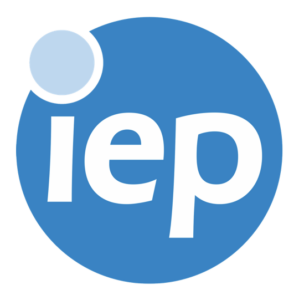
The Buckland Review of Autism Employment, which is supported by Autistica and has a secretariat provided by the DWP, sheds light on the challenges and opportunities that autistic individuals face in the workforce. One of the contributors to this conversation is IEP Fellow Samantha Everard FIEP from Celtrose Consultancy. Samantha participated in Sir Robert Buckland KC MP’s original roundtable and provided valuable insights as part of the review team.
Celtrose Consultancy provides training, information, advice, and guidance to practitioners who support disabled people. They also create customised resources to make work and training more accessible for everyone and conduct research into disability-focused self-employment and employment with best practice techniques shared and published.
Sam’s participation in the review extended to attending the launch event hosted at Deutsche Bank, where she gained first-hand insight into the report’s findings and recommendations. Sam shared her thoughts, acknowledging the importance of the recommendations outlined in the report whilst highlighting practical considerations.

Sam said “I welcome the recommendations in the report and have been pleased to have contributed to the findings. Lots of good work has already been done but there is still much more work to do to help autistic people access sustainable employment. This means work for employers and also for careers and employability advisers. We each have a critical role to play in supporting sustainable employment for autistic individuals. One of the recommendations is for employers and advisers to receive specialist training to better understand the needs of people with autism but there are funding considerations to be addressed to make this happen in practice. Another important aspect that should not be overlooked is that each autistic individual is just that – an individual – with individual needs. That means that support needs to be tailored, not a one-size-fits-all approach.”
Sam also highlighted the critical role of employers in fostering an inclusive workplace culture, combating stigma and promoting transparency. “Disclosure is still a sensitive issue for some people and creating supportive workplace environments is important in helping people feel safe enough to disclose their autism to employers”.
Drawing on examples of good practices, Sam cited some of the initiatives that DeutscheBank employ such as neurodivergent lunch clubs, peer mentoring programmes and flexibility in working hours as effective strategies for fostering inclusion and creating a positive impact on employee well-being. “They’re doing some great work that makes a big difference in encouraging and supporting autistic employees,” said Sam.
Looking ahead, Sam is optimistic about the impact of the Buckland Review’s recommendations. “They are already starting to put some through,” she remarked, indicating progress towards tangible action. However, she acknowledges the ongoing work needed to drive meaningful change in the workplace.
“The report’s recommendations underscore the importance of collaborative efforts in advancing autism employment and with a commitment to inclusivity, stakeholders can work together to create a more supportive and equitable workforce for all.”
You can read the full report here

